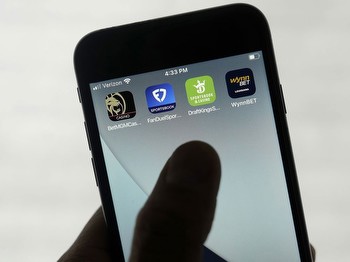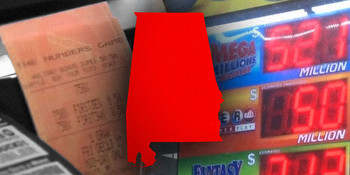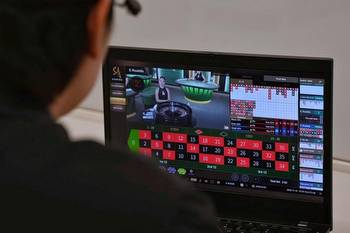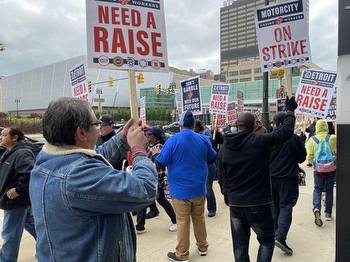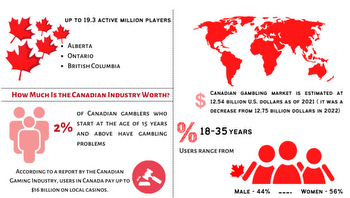Laurence Escalante’s online casino empire feels heat of US lawsuits
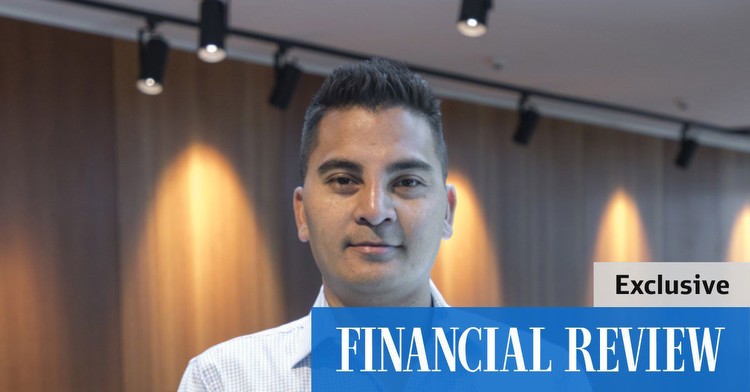
“Such games violate Alabama law if a patron pays money for the chance to win anything of value. VGW’s games allow players to win free or extended playing time, which is a thing of value under Alabama law.”
In Massachusetts, an organisation called Fair Gaming Advocates has made similar allegations.
“Defendants thinly veil this unlicensed (and illegal) gambling operation by characterising components of their offerings as ‘sweepstakes’,” a filing from the organisation, represented by Quinn Heath and lodged last month, reads.
VGW is yet to file a defence. In a statement, it told The Australian Financial Review that it had operated in North America for more than a decade “complying with the laws where we operate our online social games, which are free to play and offer sweepstakes promotions. These are a form of trade promotion commonly used in the US.”
It has already seen off similar cases in other states including Georgia and Florida, where it still operates. It has also settled for $US11.75 million ($17.7 million) a class action in Kentucky which alleged its games violated the state’s laws against games of chance. However, it did not admit to any wrongdoing as part of that settlement.
“Class actions, other litigations and arbitrations are relatively common across the online social games industry and US legal landscape more broadly,” the company said.
The most recent accounts lodged by VGW with the corporate regulator show the company paid some $320 million in dividends for the year June 30. Net profits fell 17 per cent to $377.6 million, despite revenues rising 40 per cent to more than $4.8 billion.
Those accounts showed Chumba Casino generated $3.36 billion in revenues over 12 months, followed by LuckyLand Slots, which brought in $1.23 billion. A third product, Global Poker, generated $250 million in revenues, the accounts showed.
Last August, VGW told investors that “a North American listing venue is now far more likely than the ASX” but that “no time pressure exists for listing”.
Instead, in March, it offered to buy back shares from investors at $5.50 each, implying a $3.7 billion valuation. That would have been eight times its earnings that financial year, compared to its direct social gaming competitor SciPlay, which was fetching around 19 times.
But the company faces other threats even as it contends with multiple lawsuits in the US. Some states, such as Michigan, have begun allowing casinos to legally offer online games but targeted companies such as VGW instead.
VGW quit Michigan after a competitor, Golden Hearts Games, was ordered by Dana Nessel, the attorney general, to stop trading.
“Anytime there is prize, chance, and consideration involved, this constitutes illegal gambling unless a Michigan law specifically authorises it, such as in the cases of the ... casinos,” Ms Nessel’s spokesman told the Financial Review.
VGW decided to no longer offer their products in Michigan after “careful consideration and analysis”. “We remain confident about our outlook, and ability to continue creating and distributing industry-leading online social games,” a spokesman said.







